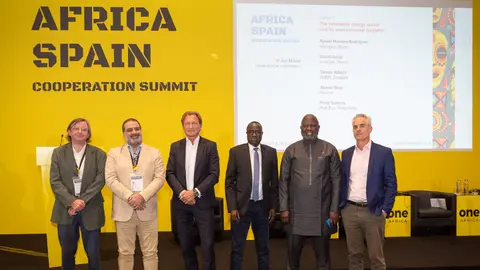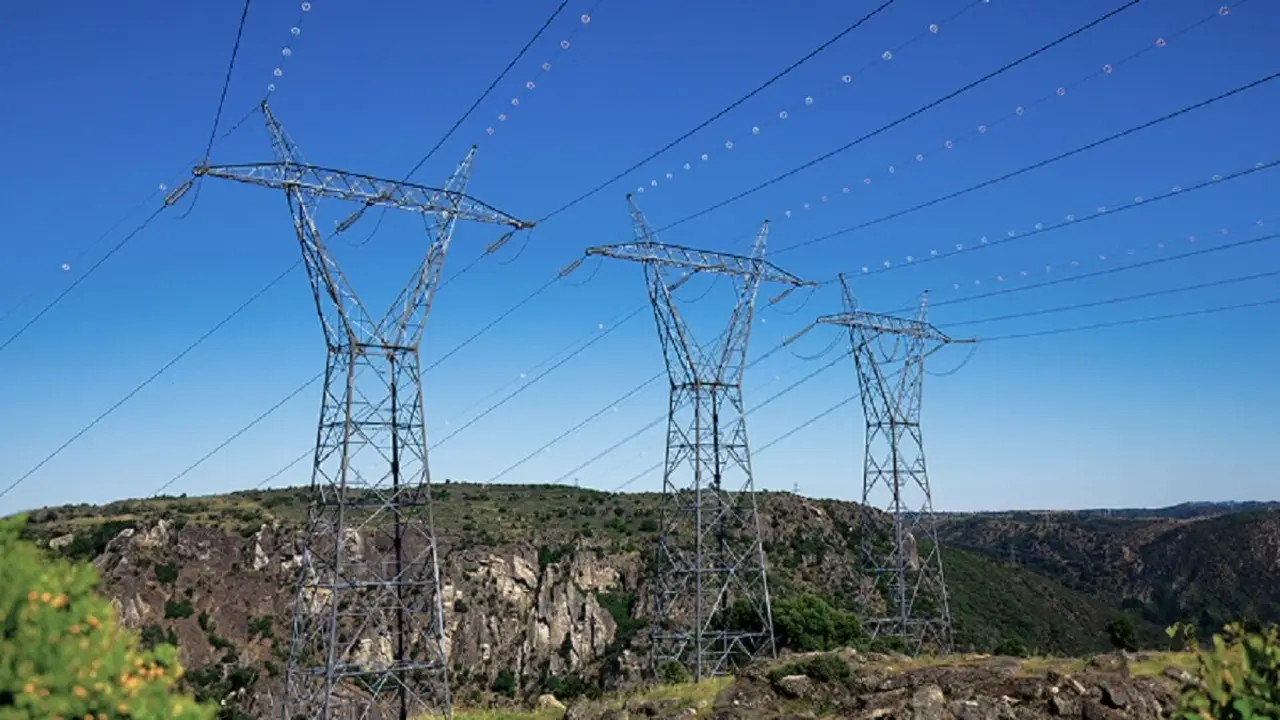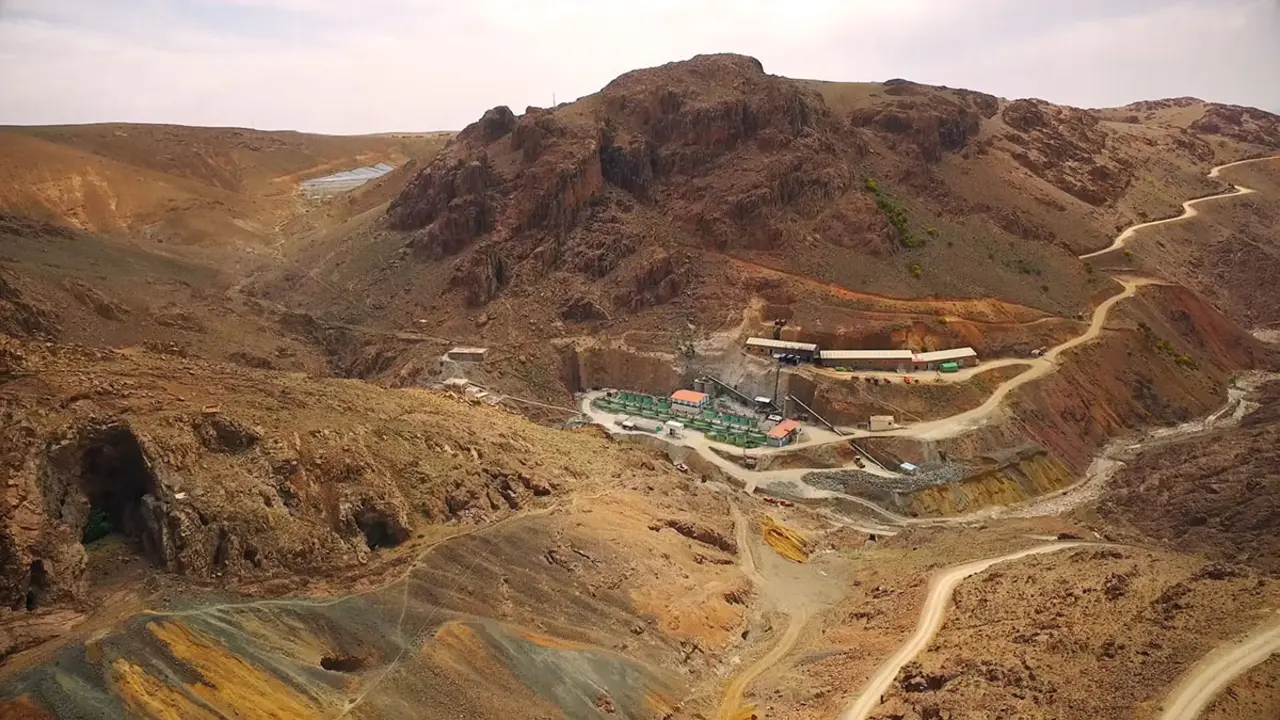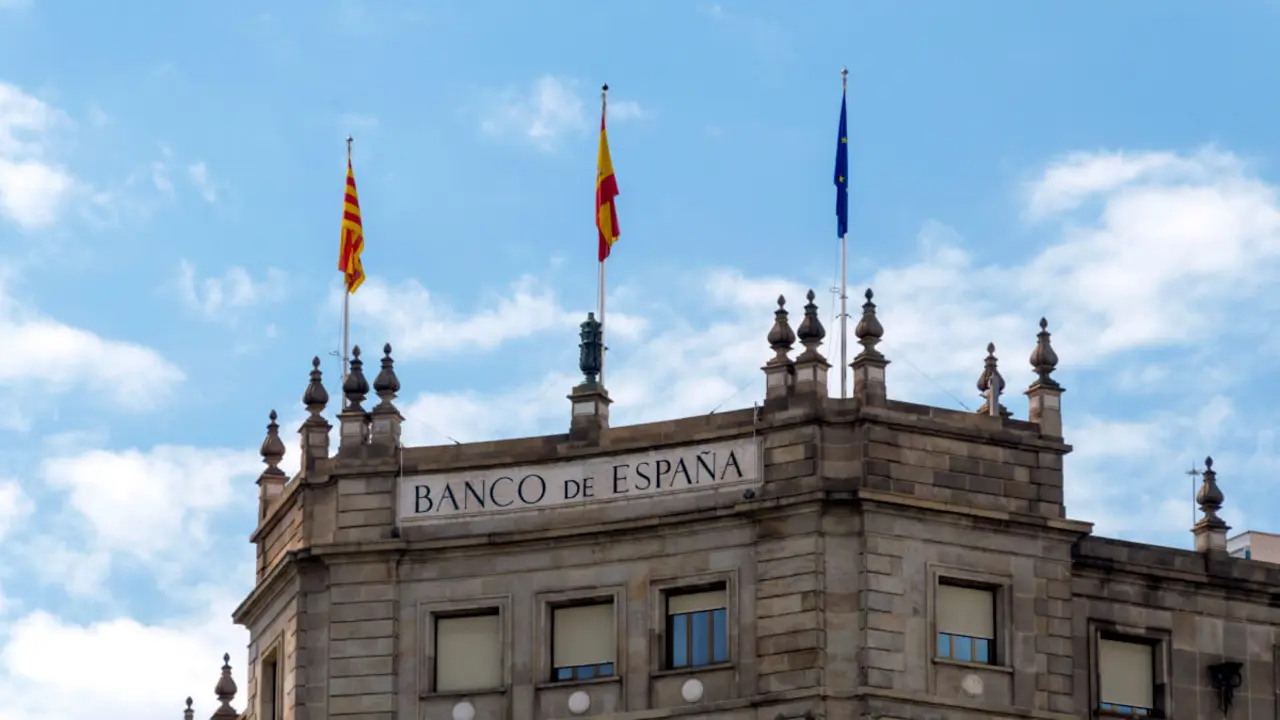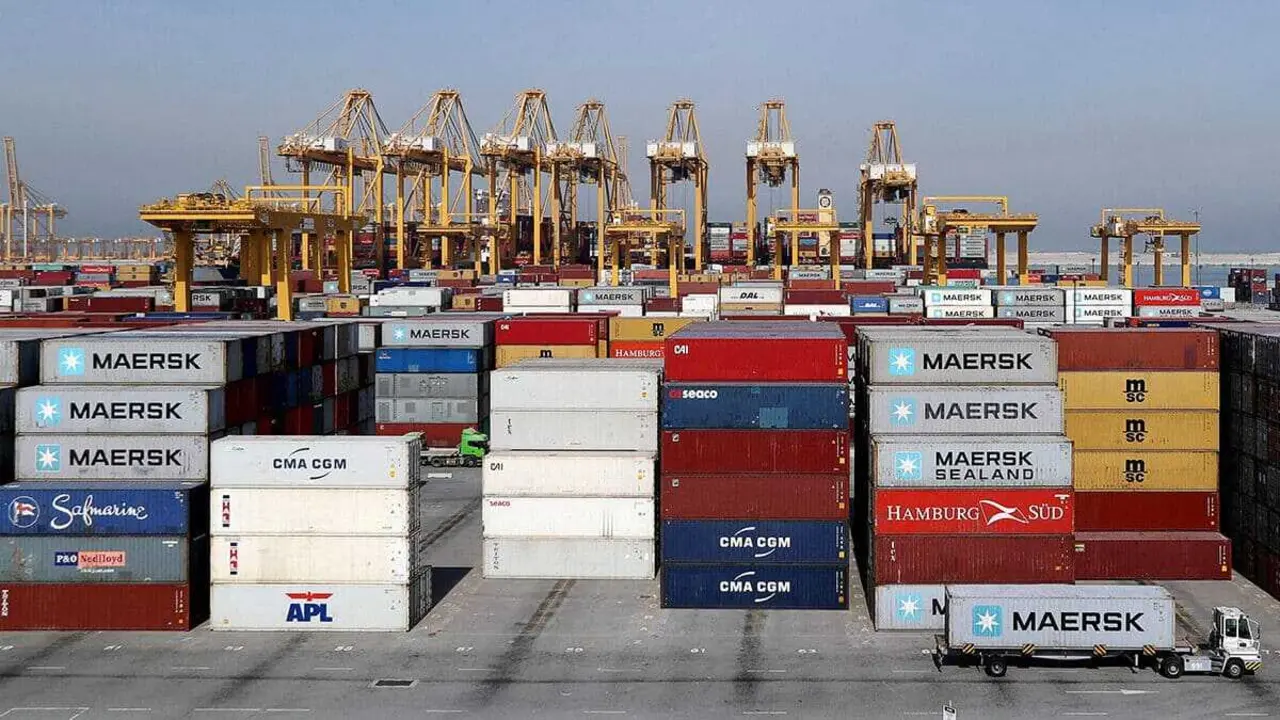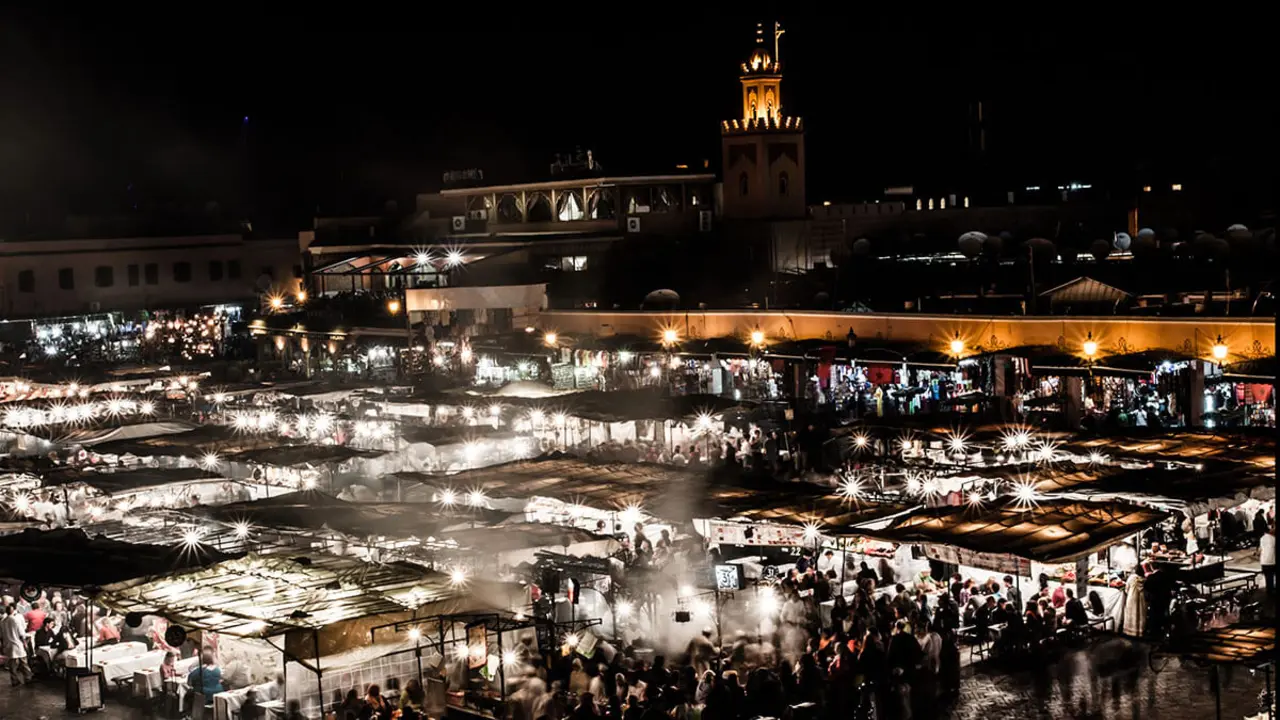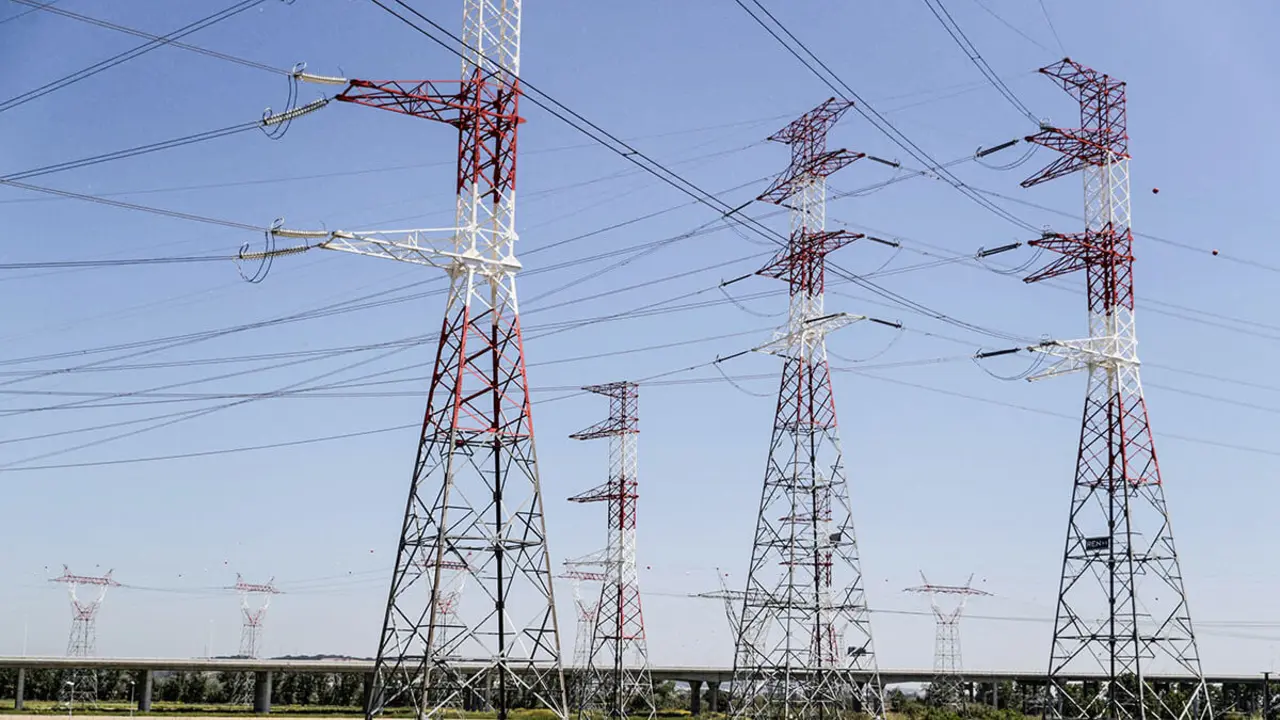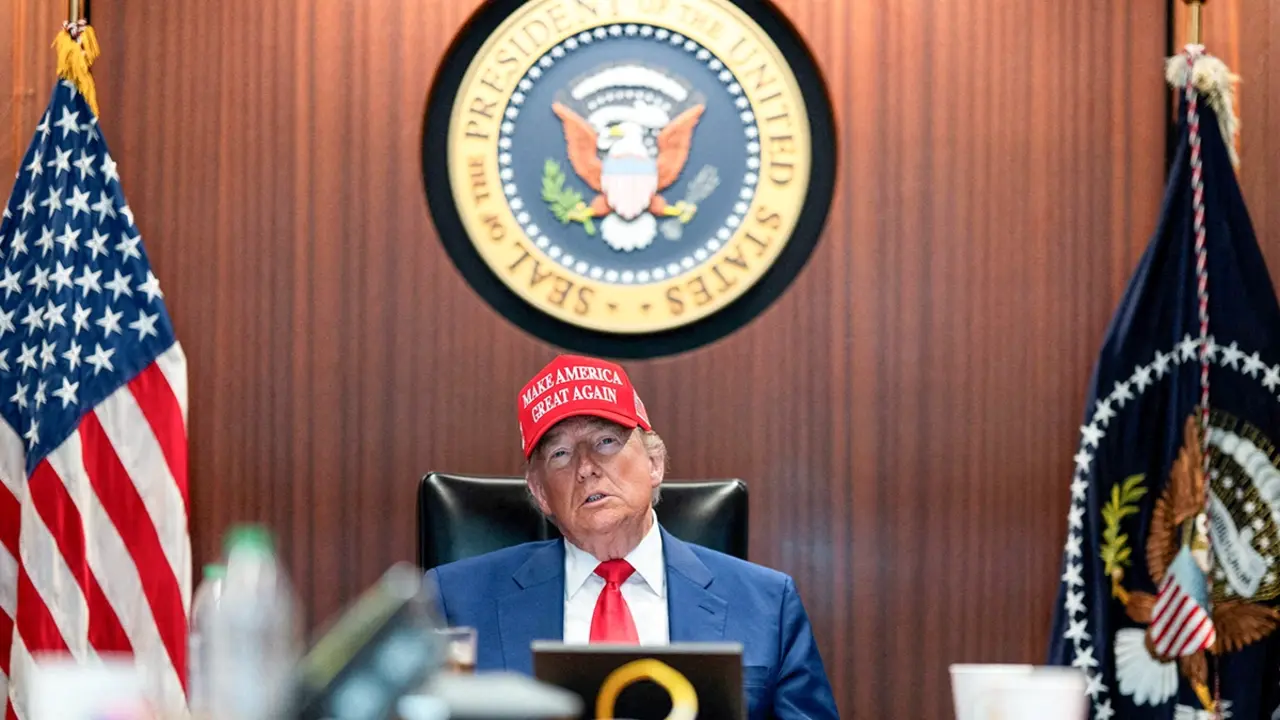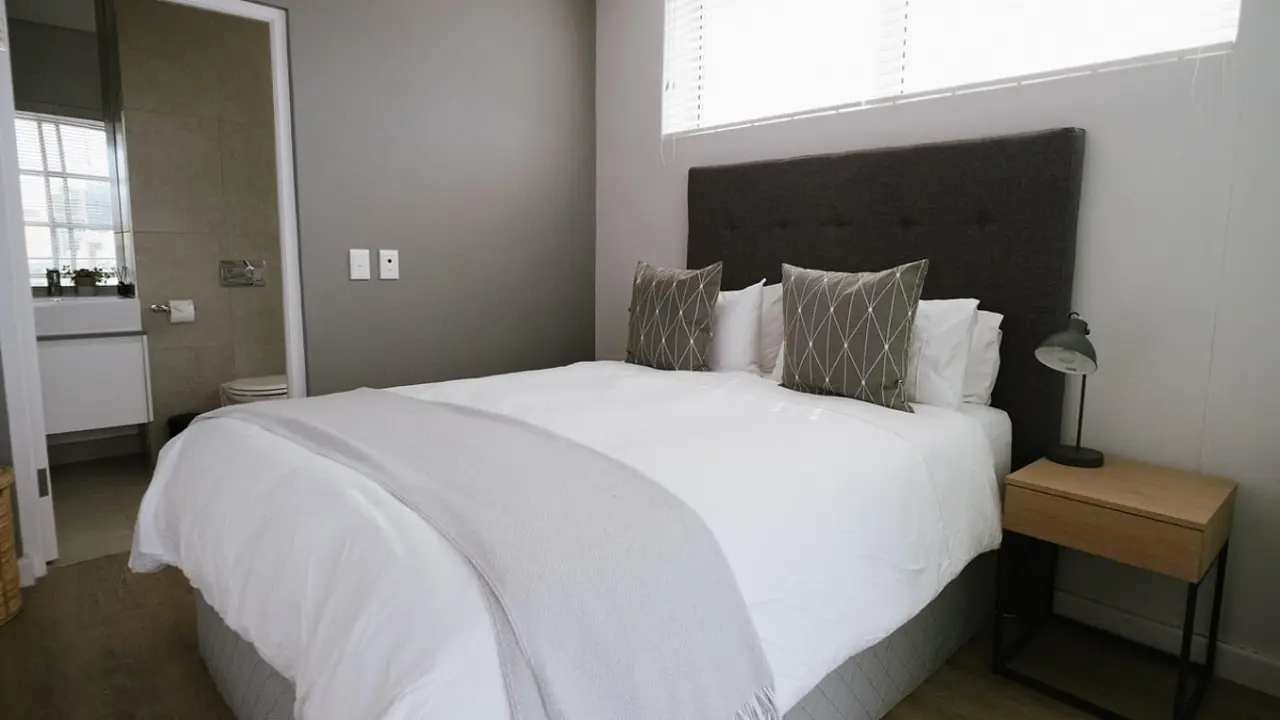Africa is the solution for Europe
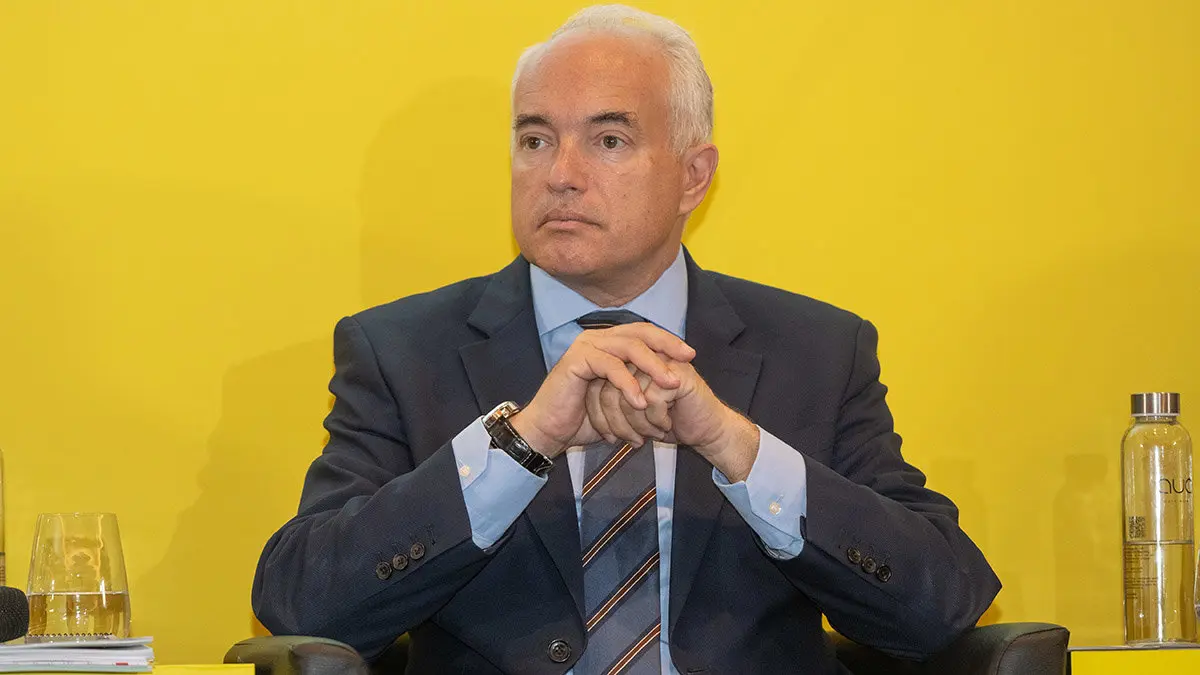
Africa offers great investment opportunities for Europe. This was made clear at the Africa-Spain Cooperation Summit held in Madrid, where various personalities analysed the economic relations between Africa and various European countries such as Spain.
Atalayar spoke with Albert Alsina, founder and CEO of Mediterrania Capital Partners, who gave the keys to making a good investment in the African continent.
Albert Alsina, founder and CEO of Mediterrania Capital Partners, how do you assess this Africa-Spain Cooperation Summit?
The Africa-Spain Cooperation Summit is a very important event that should have been held a long time ago, because I think there is a lack of information about the 54 African countries. There are many investment opportunities for Spanish businessmen, and I think that the function of the conference is basically one of networking, of information in the country, and that it is a way for African countries to have a relationship with the world.
Also, the former Prime Minister of Benin, Lionel Zinsou, said that Africa is the solution for Europe, so bluntly, given the opportunities that exist. It is the solution for an ageing Europe. With regard to African countries, each one is different, with a youth that wants to be part of the evolution, and it is the solution for Europe. And I think this is one of the things that interests me the most, each African country is different, with young people who are eager, who want to be educated, who want to get ahead.
Exactly, I totally agree, your words were clear, as well as those of many other speakers, who explained the demographic details of Africa. Africa currently has 1.2 billion inhabitants, in 2050 there will be 2.6 billion, and by the end of the century we will be talking about 4.5 billion people. This is key, not only because there will be more consumers, but also because there is an exponential growth of the middle class in Africa. We have been investing in Africa for years, more than 14 years, with very good results and with very good prospects.
What does Mediterrania Capital Partners do in Africa and other parts of the world?
We are only focused on the African continent. From our offices in Barcelona, Valletta and Mauritius, all three of which are regulated companies, we manage money from third party investors to invest in African projects, growth projects.
And these projects basically have two objectives. The first is to obtain a good return for our investors, which is around 20-22% per annum. And the second is to have a significant impact on these economies, an impact that is measured in the number of jobs created, in the number of female staff employed by our companies, etc. Today we have 15 companies employing more than 23,000 employees. These 23,000 employees work in hospitals, in clinics, in private universities, in public schools, in industrial production companies, in construction companies.
We have more than six sectors in which we have invested that have a profound impact on the lives of Africans. We believe that our services and products in Africa today are serving more than 80 or 90 million Africans, who have the possibilities to have better education, better health, financial services, in which we have also invested, a better line of products and services at very competitive prices, which make the social impact huge in every sense.
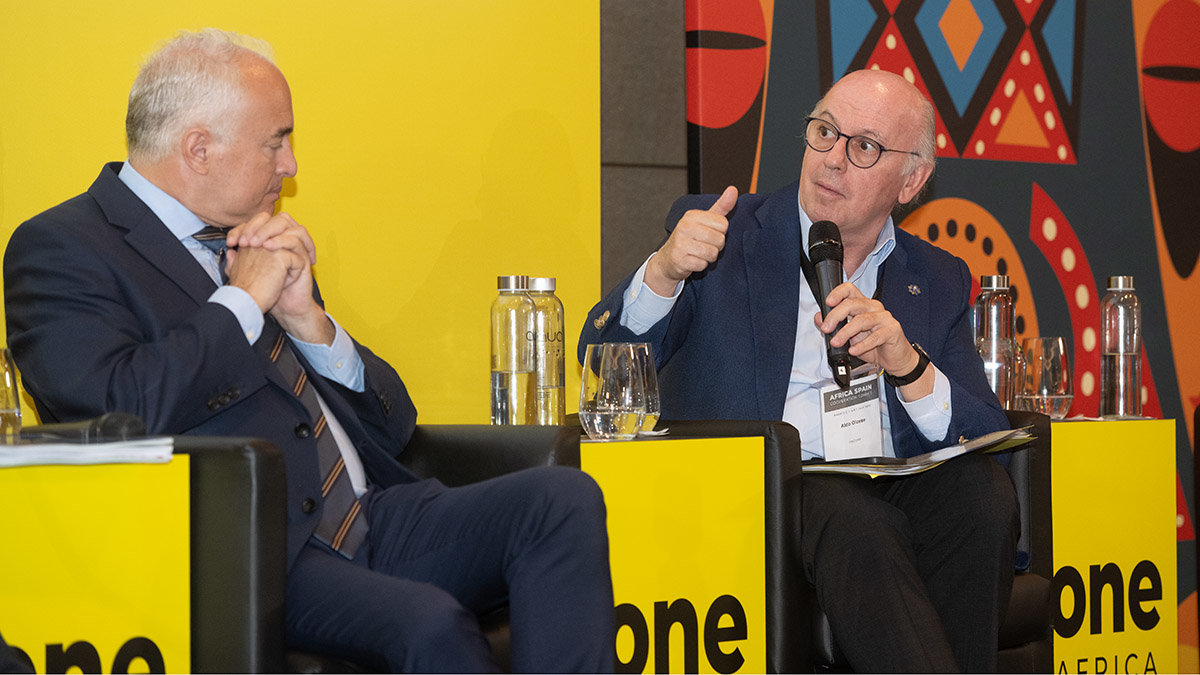
There should be greater political backing, for example, not only from the Spanish Government, but also from the European Union, so that there is public or private collaboration to benefit this work in Africa. I believe that today the European Union and the Spanish Government are, frankly, helping Africa. I think it is a myth that they are not present and that they are not helping, because this is not true. The European Investment Bank, with its policy of international cooperation, has invested in our fund, for example, in many other funds and in many African projects, as well as many European multilaterals, which do not stop investing in good, good quality projects, with Africans and Europeans, to develop technologies, to develop sectors. And the Spanish government does the same. In fact, the Spanish government has many tools in place today to help Africa. I believe that the government's policy has been very positive in this respect. We have the ICO tools, which have helped many Spanish companies to internationalise, the COFIDES tools, which do exactly the same in Africa and in Latin America and in many other countries. We also have the Spanish Development Agency, AECID, which helps international cooperation and has funds that have been used to develop projects in Africa.
Therefore, I believe that it is not true to say that the Spanish government does not support Africa, because it does, and the same is true for European governments. Many of the governments today have many lines of financing for African companies and African projects, and specifically the European Investment Bank.
In this case, communication is essential, good information, hence the commitment of the media, because there are still a lot of clichés. What would you say to any businessman who might be thinking "well, I have legal security, physical security, and I know how I am going to do it" and who does not trust me? We also have to overcome that kind of cliché, the media have a responsibility and a commitment in this.
Exactly. I think the key here is to have a good understanding of the risks of each of the 54 countries. It is clear that each country has a different risk. I would basically summarise the three main risks.
The first risk is political risk. There are countries that have more political risk than others, you have to understand them, know them, visit them, and in this way be able to make the right decision with advisors, often legal advisors, or often advisors within the financial sector or within the commercial sector, who can help you in this aspect.
The second risk is a currency risk. Currencies, many African currencies, today are having devaluations and this implies that your investment in euros has a risk of losing a very important part of this investment. So here, once again, you have to know the countries well. For example, if you invest in some West African countries, you know that the West African currency is guaranteed by the French Central Bank and this means that you have no currency risk. This is a key piece of knowledge to understand currency risk.
And the third risk is a liquidity risk, that is, that you make an investment and you can get your money back. And here, once again, it is very important to have a good understanding of each of the African central banks and their foreign policy in terms of investments, or repatriation of dividends, or repatriation of capital, and so on.
So, for me, these three risks as entrepreneurs are the most important and you have to have a good knowledge of these countries.
Africa today is ready to do business, for which business, in which sectors right now? At the conference there has been a lot of talk about renewable energies. What sectors would you highlight, Mr. Alsina, that could be good business? What would you recommend?
Well, one word will tell you: everything, everything, everything, everything, everything, depending on what your specialisation is. We, Mediterrania Capital Partners, are investing mainly in four sectors.
In the healthcare sector, we have invested in the largest group of hospitals in Morocco, we invested in four hospitals and together with the team we have created up to twelve hospitals in four years. This is unthinkable in an OECD country.
In the education sector, unfortunately, African governments do not have the capacity to be able to continue to invest in this, and it is the fundamental basis for growth at all levels. In fact, it is the fundamental basis of democracy. And here we are investing a lot in schools and private universities, which play a complementary role to that of the government.
The third sector is the financial sector. We have invested in a bank on the west coast of Africa, we have invested in a remittance and electronic payments company in Morocco, we have invested in several companies in the financial sector, because it is a key sector for these economies and one with exponential growth.
And finally, the sector related to food security. What we call FMCG, Fast Moving Consumer Goods, where there is exponential growth in the number of consumers. But this is our speciality, this is what we like, because it has an impact on a personal level for Africans and a good return on invested capital.
Although there are many other sectors that today deserve to be looked at in detail and analysed, which are within the infrastructure sector. Everything needs to be done. Water, for example. Water, the desalination plant sector. All these sectors are also key. The renewable energy sector, everything still needs to be done. There is a spectacular capacity for growth. As an entrepreneur, you have to think about where the new consumer of the global world is going to be. And the new consumer is going to be in Africa, with the 4.5 billion Africans that we are going to have within 14 kilometres of Spain, and the Spanish businessman has to see this as an opportunity. And, as the former Prime Minister of Benin said, it is a solution for the OECD countries.


